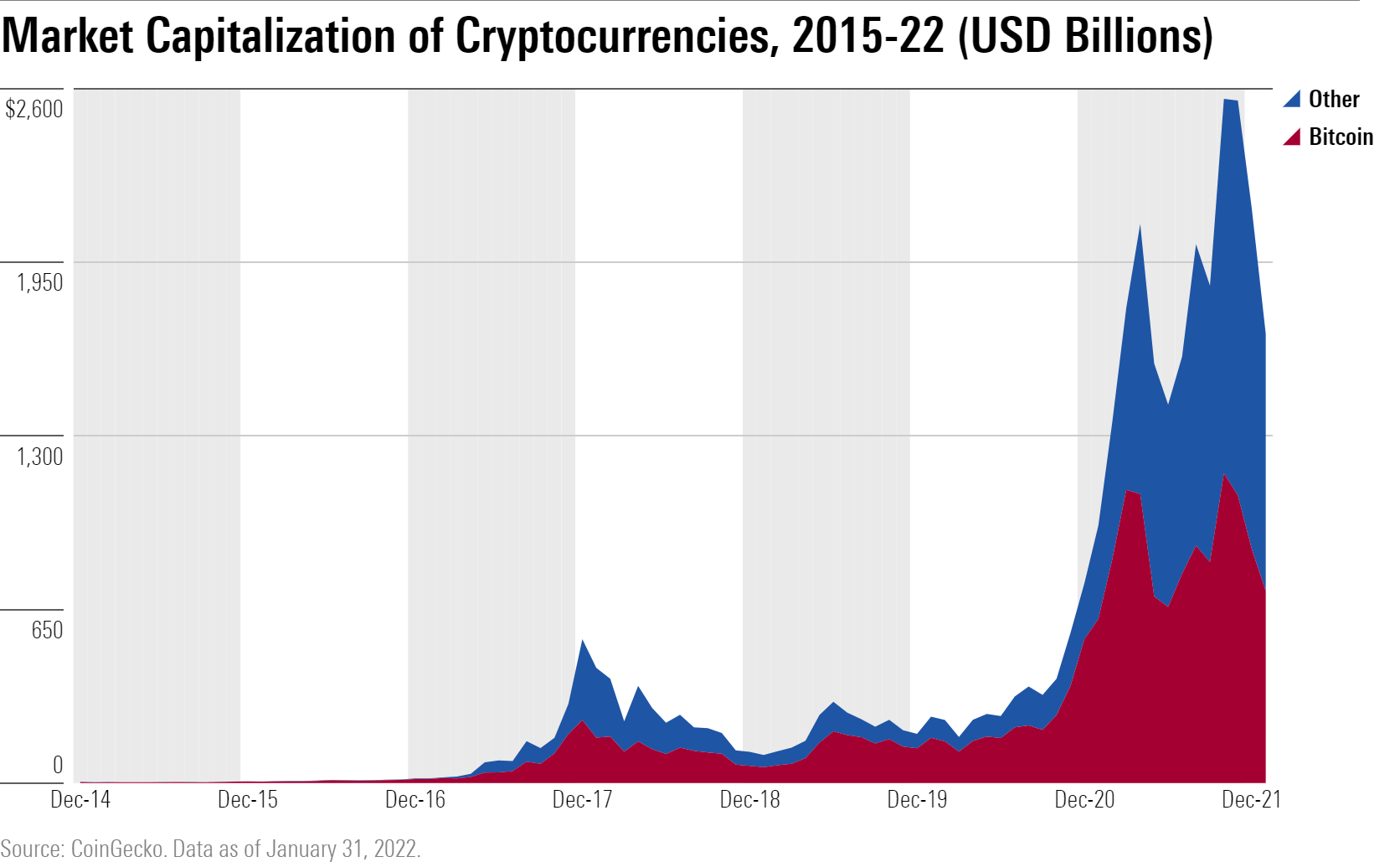Are all cryptocurrencies mined
Tokenomics—concerns everything that makes crypto valuable, including its supply and utility. For instance, it talks about how much of the token supply is locked, what is the market cap for the given crypto, its global rank, etc https://fishbreeding.info/. Some projects have planned token unlock schedules, which for a moment, can lower the prices due to an increase in supply.
The global cryptocurrency market is projected to grow from $2.1 billion in 2024 to $5 billion by 2030, reflecting a compound annual growth rate (CAGR) of 15.4%. This growth highlights the increasing adoption of altcoins. In 2025, approximately 28% of American adults are expected to own cryptocurrencies, with 14% of non-owners planning to enter the market. These statistics underscore the growing appeal of altcoins as viable investment options.
Cryptocurrency prices are highly volatile, and understanding what causes cryptocurrency to rise and fall is essential for anyone interested in the cryptocurrency market. Several factors drive these fluctuations, but supply and demand play a central role. For instance, Bitcoin reached an all-time high of $108,268 in December 2024, largely due to increased demand following its halving event earlier that year. Similarly, its daily trading volume hit $32.5 billion as of October 2023, showing how market activity impacts price trends. These examples highlight how market dynamics and investor behavior influence what causes cryptocurrency to rise and fall over time.
Market cap of all cryptocurrencies
Almost. We have a process that we use to verify assets. Once verified, we create a coin description page like this. The world of crypto now contains many coins and tokens that we feel unable to verify. In those situations, our Dexscan product lists them automatically by taking on-chain data for newly created smart contracts. We do not cover every chain, but at the time of writing we track the top 70 crypto chains, which means that we list more than 97% of all tokens.
If you want to invest in cryptocurrency, you should first do your own research on the cryptocurrency market. There are multiple factors that could influence your decision, including how long you intend to hold cryptocurrency, your risk appetite, financial standing, etc. It’s worth noting that most cryptocurrency investors hold Bitcoin, even if they are also investing in other cryptocurrencies. The reason why most cryptocurrency investors hold some BTC is that Bitcoin enjoys the reputation of being the most secure, stable and decentralized cryptocurrency.
The very first cryptocurrency was Bitcoin. Since it is open source, it is possible for other people to use the majority of the code, make a few changes and then launch their own separate currency. Many people have done exactly this. Some of these coins are very similar to Bitcoin, with just one or two amended features (such as Litecoin), while others are very different, with varying models of security, issuance and governance. However, they all share the same moniker — every coin issued after Bitcoin is considered to be an altcoin.
In order to send and receive a cryptocurrency, you need a cryptocurrency wallet. A cryptocurrency wallet is software that manages private and public keys. In the case of Bitcoin, as long as you control the private key necessary to transact with your BTC, you can send your BTC to anyone in the world for any reason.
CoinCodex provides all the data you need to stay informed about cryptocurrencies. You can find cryptocurrency charts for more than 41344 coins, and access key data such as up-to-date prices, all-time high price, cryptocurrency market cap, trading volume and more. The crypto charts provided by CoinCodex are incredibly flexible – you can watch real-time prices or select between 8 pre-defined time frames, ranging from 24 hours to the entire price history of the coin. If you need more precision, you can select a custom date range. CoinCodex also gives you the ability to compare the price action of different cryptocurrencies on a single chart.

Are all cryptocurrencies based on blockchain
Crypto exchanges, such as those for Bitcoin and Ethereum, are the most common use case for blockchain technology, providing a secure and transparent system for processing and recording transactions. This technology ensures the integrity and accuracy of cryptocurrency transactions, making them resistant to fraud and hacking attempts.
A blockchain is a decentralized ledger of all transactions across a peer-to-peer network. Using this technology, participants can confirm transactions without a need for a central clearing authority. Potential applications can include enterprise blockchain applications, sustainability, tokenization, fund transfers, supply chain tracking and many other areas.
Who started Bitcoin Mining Pools? Bitcoin Mining Pools have been around since 2010 and have had many different companies behind them. In 2010, Slush was the first bitcoin pool to be launched. The next big step was in 2011 when BTC Guild started. In 2012, Deepbit emerged and Rubycoin and Eligius have been launched in 2013. You’ll find that most of the bitcoin mining pools are based in China, where the climate is very favorable for their servers.
For a more in-depth exploration of these topics, see McKinsey’s “Blockchain and Digital Assets” collection. Learn more about McKinsey’s Financial Services Practice—and check out blockchain-related job opportunities if you’re interested in working at McKinsey.
